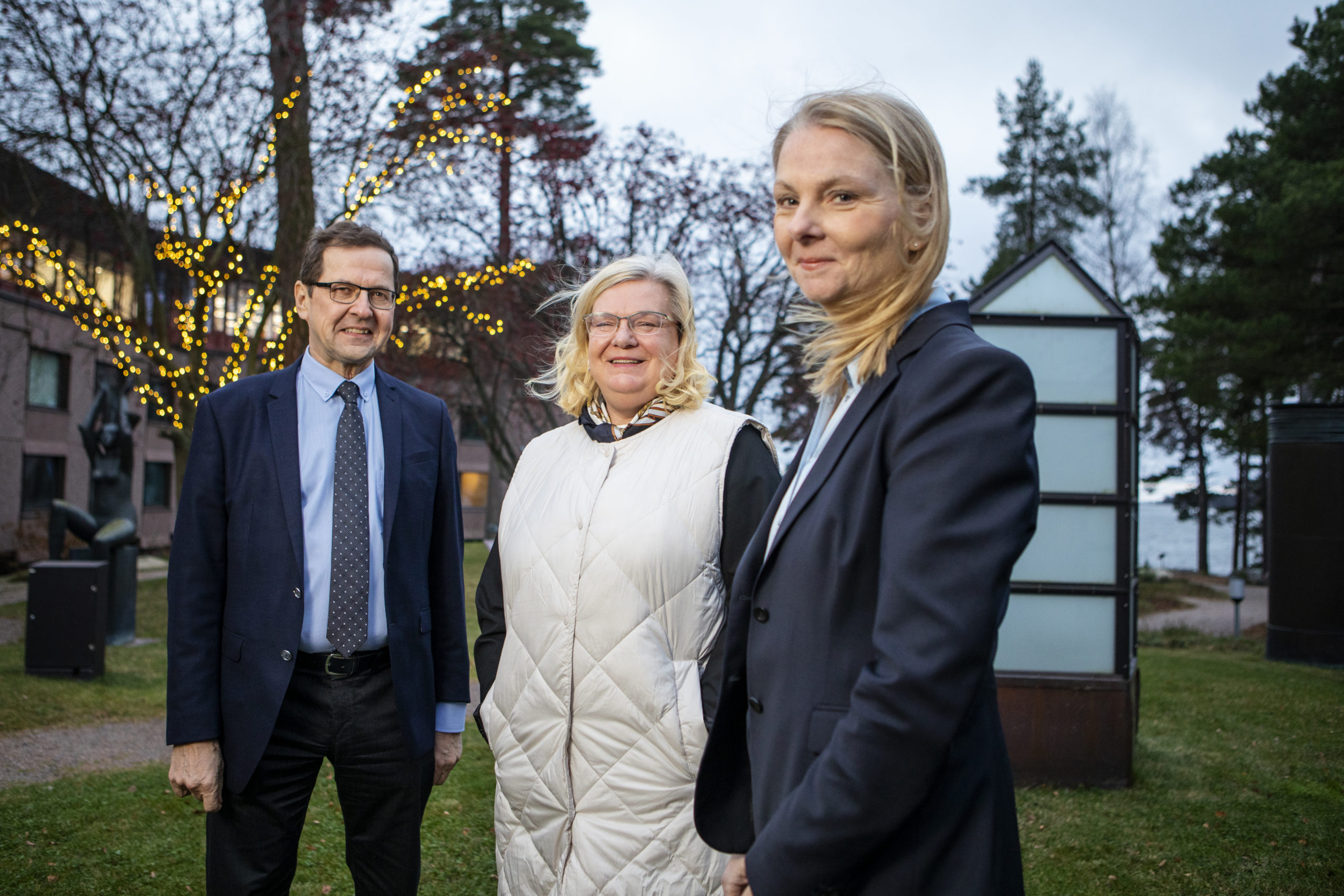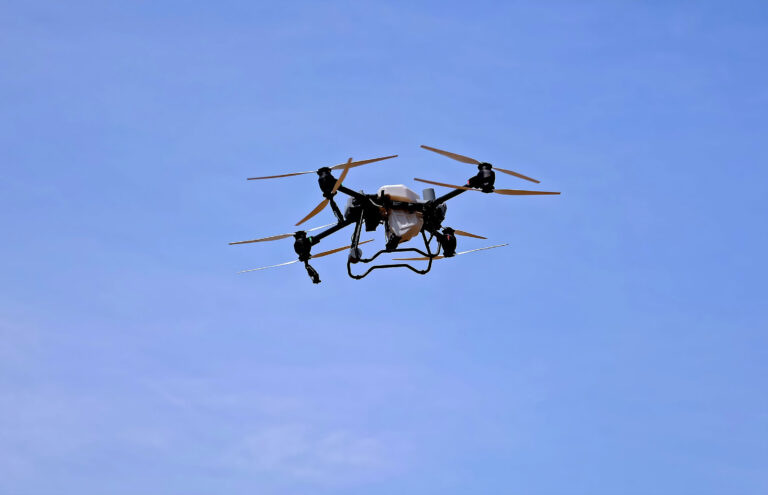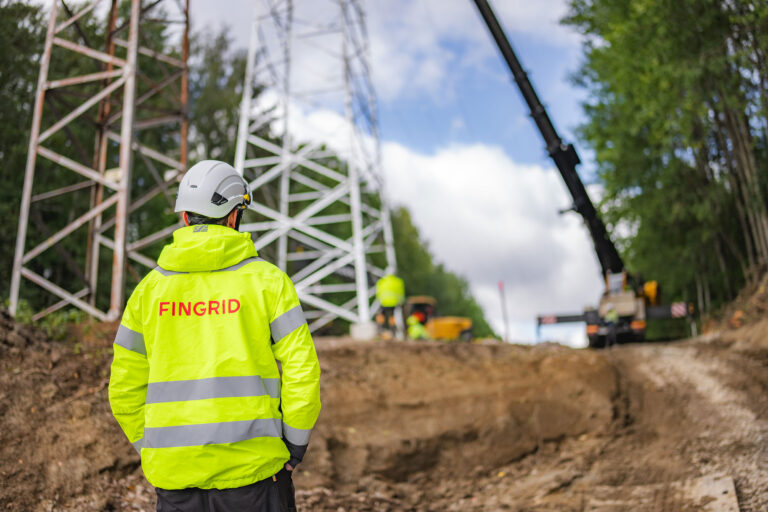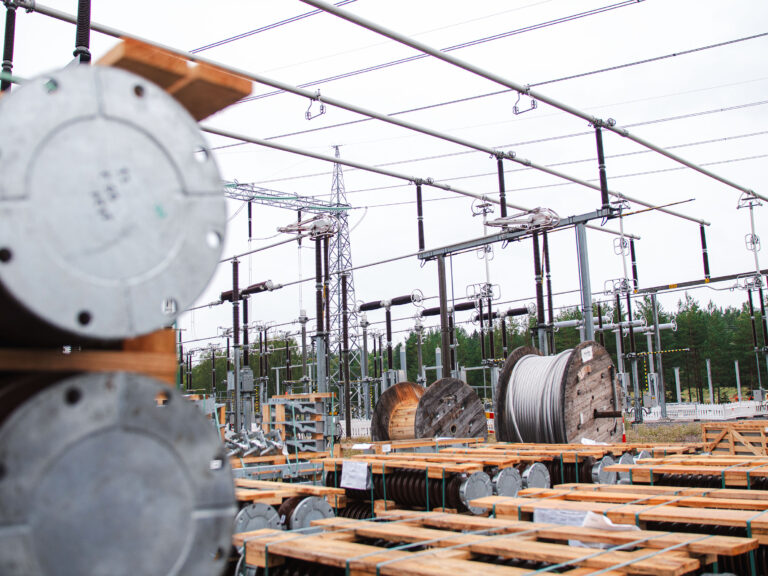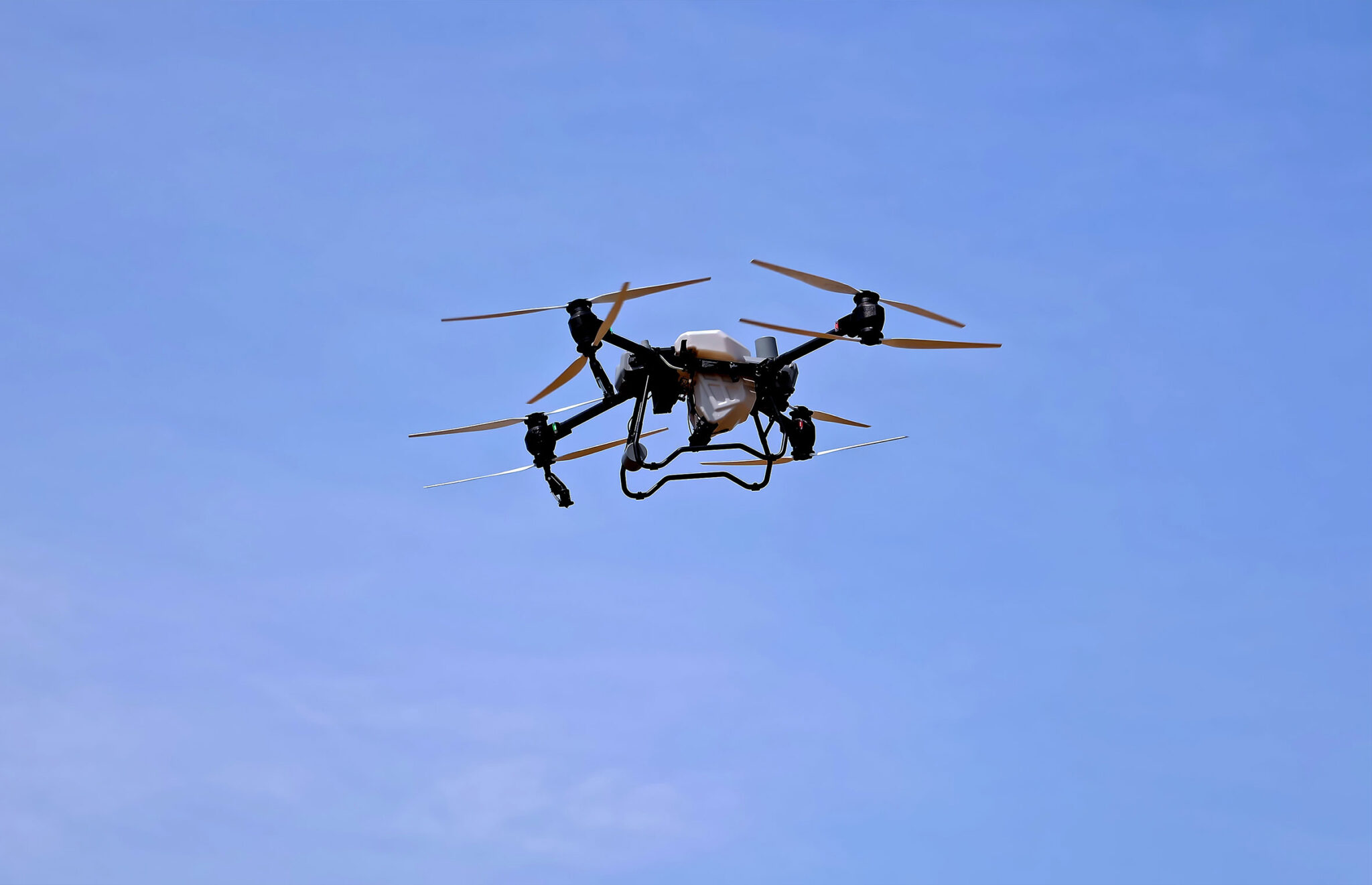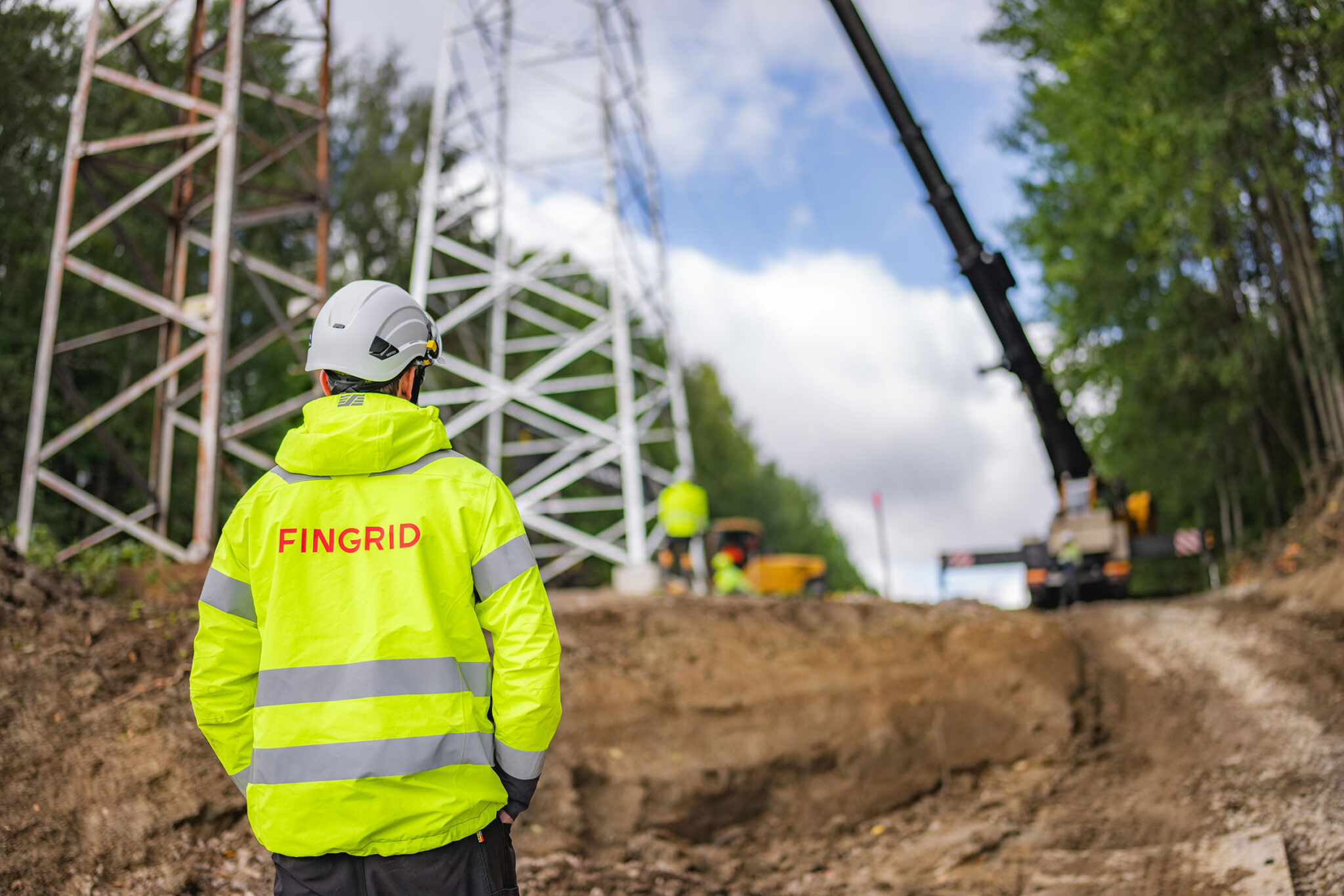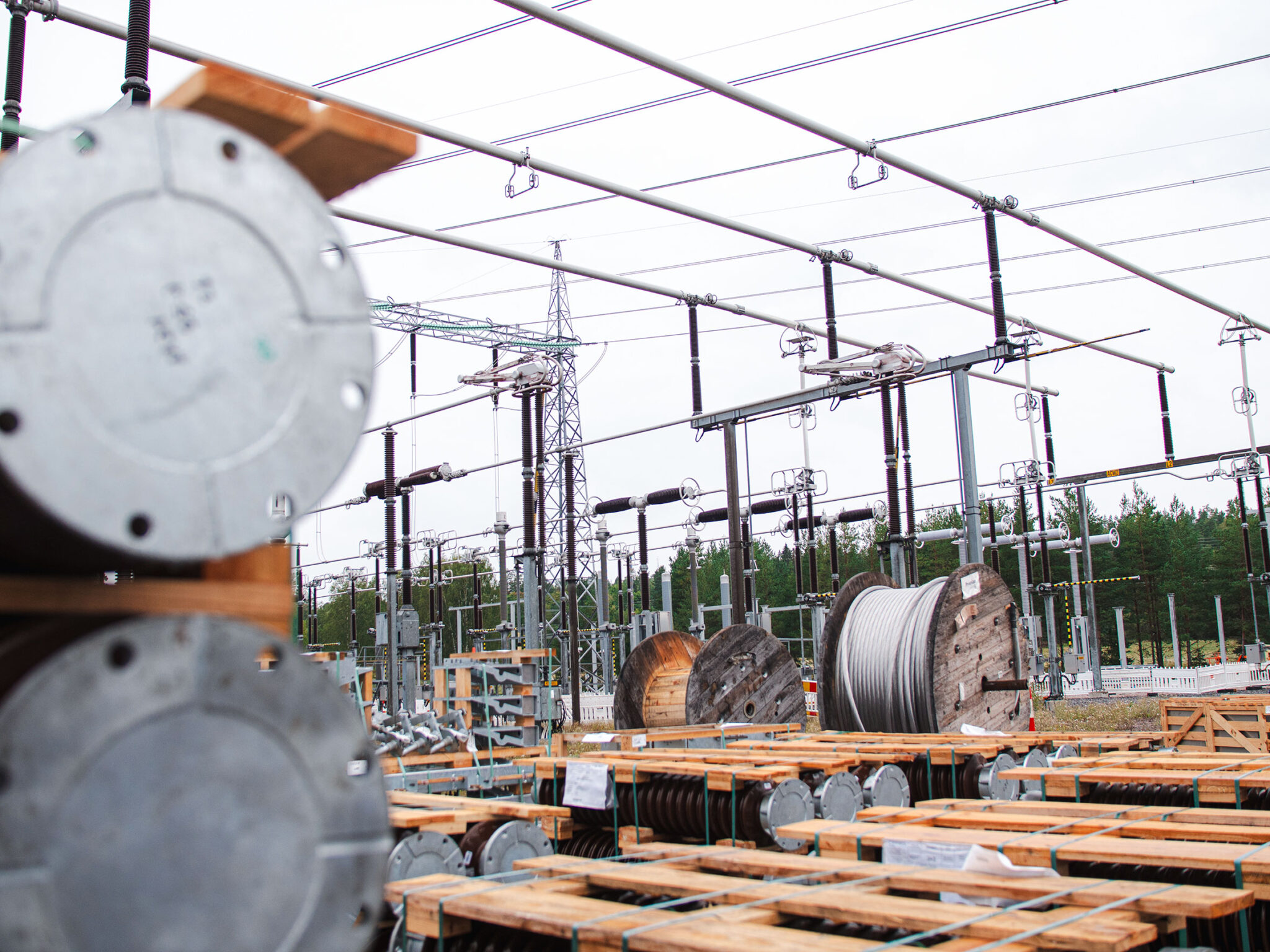Severe crises are rarely confined to a single country’s territory, so cooperation with neighbouring countries is indispensable. Such crises could include fires, floods, refugee crises, cyber threats and global pandemics.
“Many crises quickly affect several countries, so cooperation is absolutely necessary. For example, it may be necessary to close the national borders, like it was during the pandemic. It is especially important for Finland to cooperate with Sweden,” says Fingrid’s Reima Päivinen, who attended the Hanaholmen course.
The impetus for the Hanaholmen initiative was the coronavirus crisis, which began in spring 2020.
“The need to increase cooperation became sharply apparent when the borders were closed and decision-makers did not consult each other enough,” says Gunvor Kronman, the CEO of Hanasaari, the person behind the initiative.
Hanasaari invited representatives from the central governments, private sectors and third sectors of Finland and Sweden to take part in bilateral discussions.
“There was a clear need for close cooperation even before the pandemic struck. For example, cooperation would have helped during the refugee crisis and the major forest fires in Sweden,” Kronman says.
Based on these discussions, Kronman took the Hanaholmen initiative in collaboration with the Finnish Security Committee and the Swedish Defence University: 12 key personnel from Finland and Sweden were invited to Hanasaari to discuss how civil crises could be resolved.

Taking colleagues’ numbers
“I am really happy to have been involved in something so important,” says Swedish Ambassador Nicola Clase, who attended the course.
She says that the course included discussion, group work, and reflection on crises during exercises.
“We took a very practical approach to thinking about how Finland and Sweden should organise their cooperation in the event of a crisis,” Clase says.
“We were only given eight minutes to solve some of the exercises, although we had more time for other exercises. It was not easy to prioritise the solutions because crises often cause many simultaneous problems.”
One important goal of the Hanaholmen course was for each participant to get to know their counterpart in the neighbouring country and save their direct phone number in their personal phones: if a crisis occurs, it is important to know who to contact in the neighbouring country, and the connection must be made quickly.
Fingrid, the transmission system operator, is used to networking with its Swedish colleagues, as the Finnish main grid and electricity network is linked to the Swedish main grid. The Nordic countries have been working in close cooperation for some time already, and the Hanasaari attendees from other sectors were given a good example of this.
“The Nordic transmission system operators know each other’s organisations and personnel, and our control centres are sometimes in hourly contact. We also hold joint exercises,” Reima Päivinen says.

The first course was just the beginning
In the spring, work will be done on the fruits of the course in Hanasaari. In other words, the concrete recommendations created on the course concerning joint crisis management for Finland and Sweden will be driven forward. A new course will take place with new key personnel in autumn 2022.
“In ten years, we have succeeded in building a large network that can operate effectively in a crisis,” Kronman says.
The attendees at the Hanaholmen course included key personnel from central government and the private and third sectors.
“Hopefully, the attendees at future courses will not be limited to the state sector. It would be good to have representatives of businesses, like Fingrid, who are heavily involved in ensuring the security of supply,” Päivinen says.
In Finland, efficient collaboration on contingency planning takes place in every sector, but in Sweden, crisis management is almost exclusively the domain of government. There are also major differences in contingency planning, as Sweden is only just starting to accumulate emergency stockpiles, while Finland has been doing it since the Winter War.
“Despite these differences, our countries have a lot in common, and Finland is Sweden’s most important partner in international crises. We can learn from each other. The discussions on the course were open and frank, which is a rare and especially valuable thing in international cooperation,” Clase summarises.

